NASA’s Perseverance rover, better known as Percy, was designed to explore the Jezero crater on Mars as part of NASA’s Mars 2020 mission. It successfully landed on the Red Planet on the 18th of February in 2021 and has been providing scientists with crucial information ever since.
Recently, the rover caught huge scientific interest because it spotted something truly exciting and unusual – a white, one-of-a-kind rock sitting on the surface of Mount Washburn, inside the massive Jezero crater.
More info: NASA
NASA’s Perseverance rover, which has been on Mars since February 2021, recently found a one-of-a-kind rock called Atoko Point
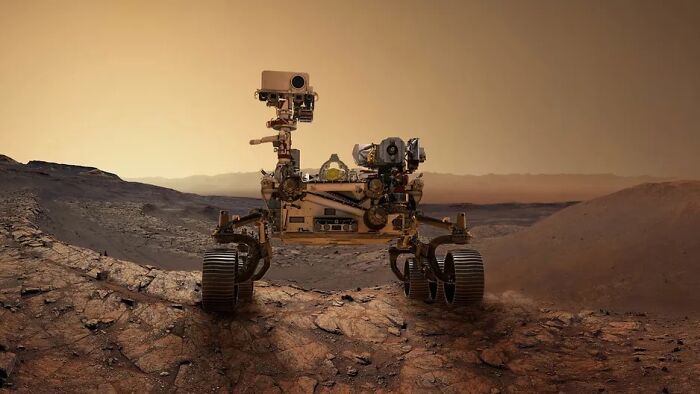

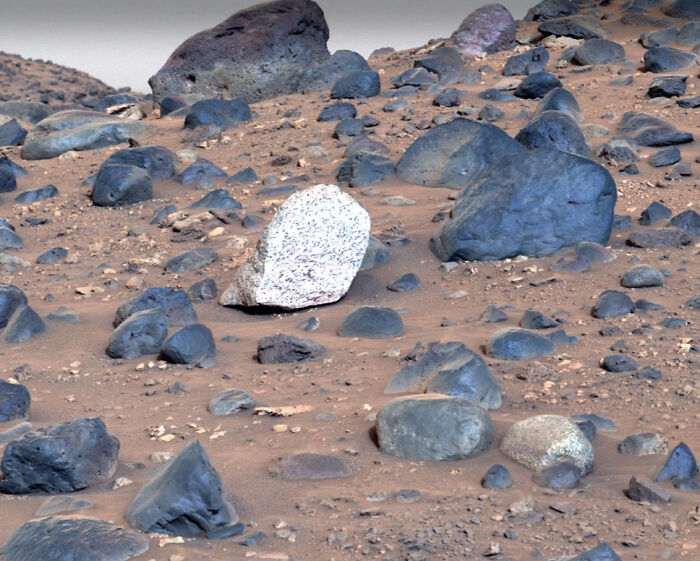
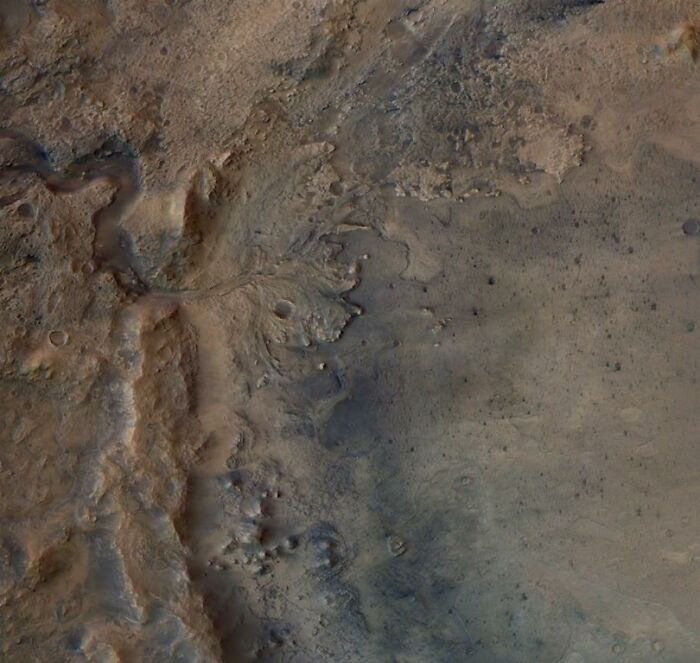
The images of the light-toned boulder with dark speckles reached scientists on the 27th of May, 2024, the 1,162nd Martian day, or sol, of the mission. The 18-by-14-inch (45 by 35 centimeter) rock, due to its uniqueness, was named ‘Atoko Point’ as a reference to the eastern Grand Canyon.
The analysis made by Perseverance’s SuperCam and Mastcam-Z showed that Atoko Point is composed of such minerals as pyroxene and feldspar.
“In terms of the size, shape, and arrangement of its mineral grains and crystals—and potentially its chemical composition – Atoko Point is in a league of its own,” NASA shared in their press release.
“The diversity of textures and compositions at Mount Washburn was an exciting discovery for the team, as these rocks represent a grab bag of geologic gifts brought down from the crater rim and potentially beyond,” added Brad Garczynski from Western Washington University, the research team’s co-leader.
While the rock is catching attention with its look and chemical composition, the scientific team is also trying to figure out where Atoko Point came from, and it seems that at the moment there are at least two different hypotheses.
One group of researchers are suggesting that Atoko Point was made in a subsurface body of magma that is possibly exposed now on the crater rim and the other part of the team believes that the rock was created far beyond the walls of the 28-mile-wide Jezero crater and was transported there by the “swift Martian waters” eons ago.
“Either way, the team believes that while Atoko is the first of its kind they’ve seen, it won’t be the last,” NASA said.
The unusual rock was found on the surface of Mount Washburn, a hill inside Jezero Crater
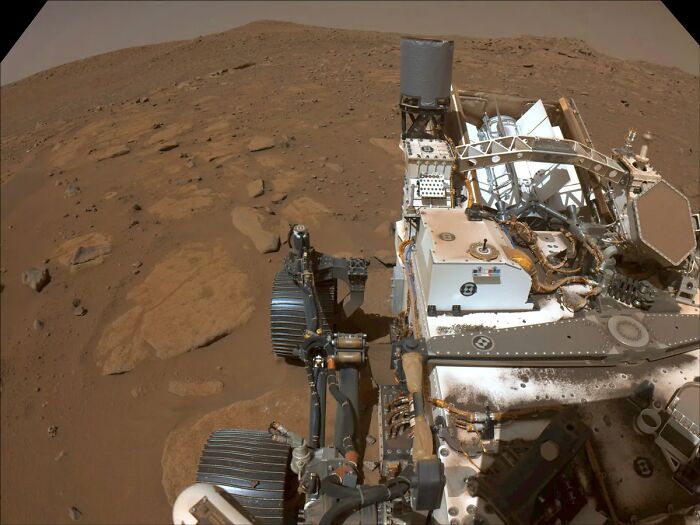

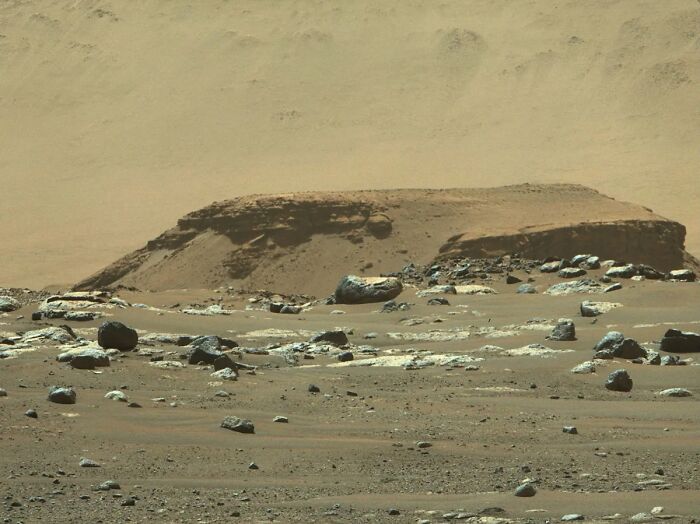
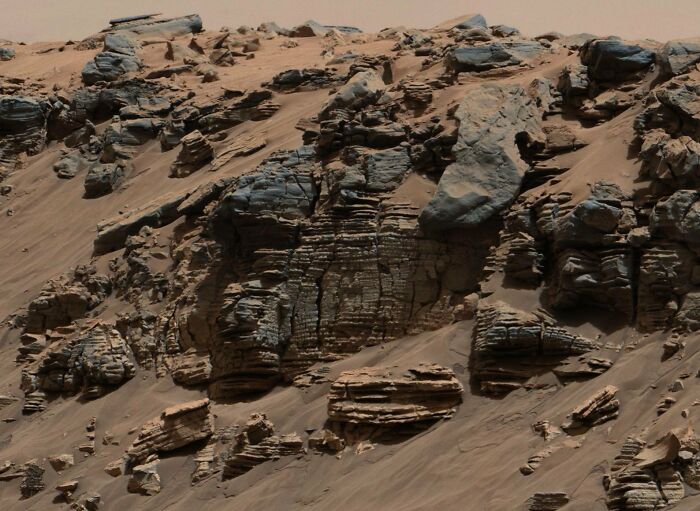
The main goal of Perseverance’s mission on Mars is astrobiology, seeking signs of ancient life and collecting samples of rock and regolith for possible Earth return.
NASA’s Perseverance rover is investigating Jezero crater – a huge region of the Red Planet where the ancient environment may have created the perfect conditions for microbial life. Equipped with a new subsystem for collecting samples of the Martian rocks, Percy might bring possible evidence of past life.
Even though Perseverance has a similar design to its predecessor rover, Curiosity, it was moderately upgraded: it carries 7 primary payload instruments, 23 cameras (9 engineering, 7 science and 7 entry, descent, landing), and 2 microphones.
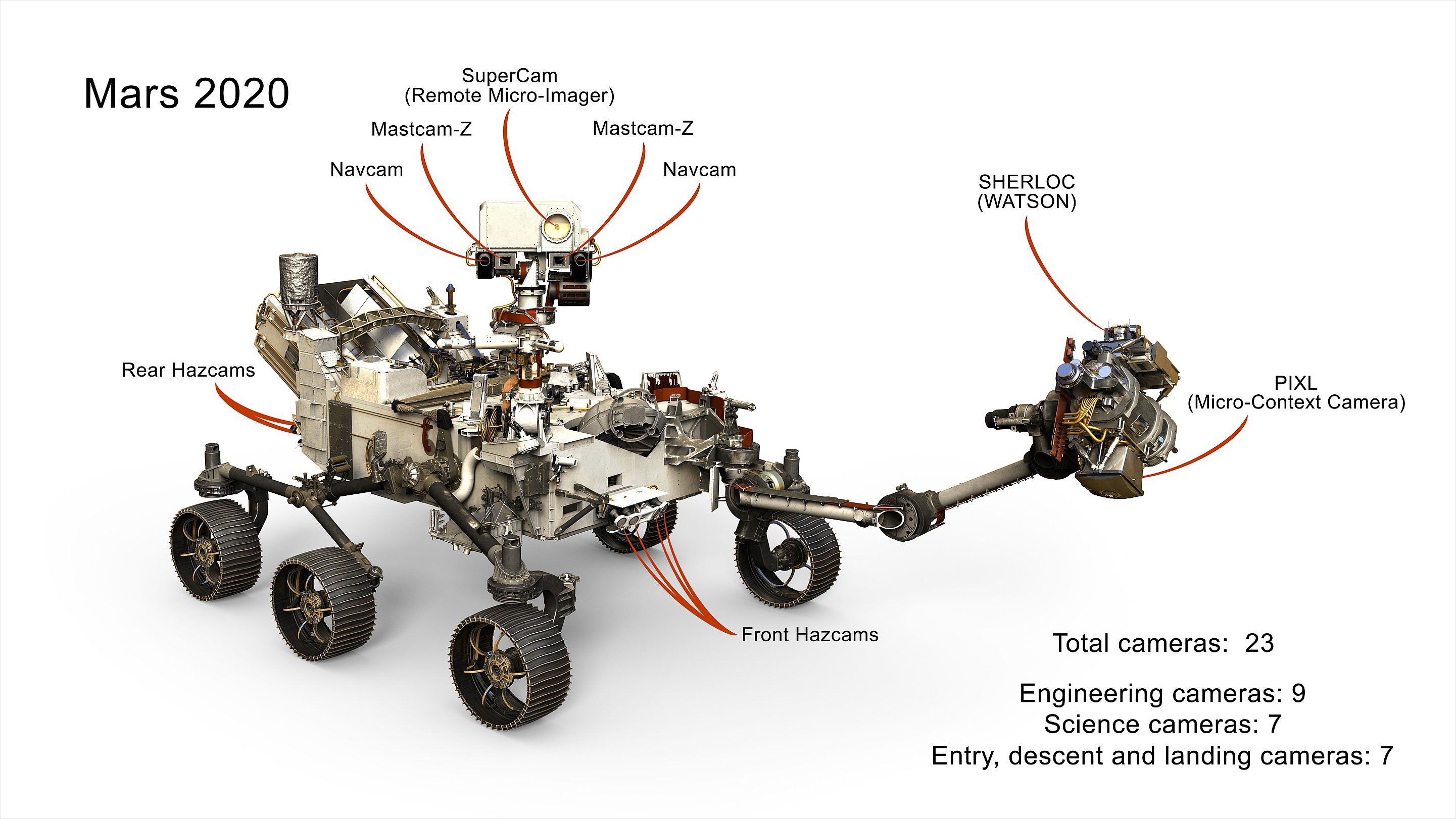
Image credits: NASA

Image credits: NASA
Two science instruments collocated on the rover’s robotic arm allow it to analyze the chemical, mineral, physical, and organic characteristics of Martian rocks and determine the best locations to collect samples, while high-resolution imaging and three types of spectroscopy for characterizing rocks and soil from a distance help Percy to determine which rock targets to explore up close. The collected samples are later sealed into tubes and stored in the rover’s chassis to be retrieved by a future mission for in-depth analysis on Earth.
“The belly of the rover houses all the equipment and supplies needed to collect samples. It contains a rotating drill carousel, which is a wheel that contains different kinds of drill bits,” NASA explained.
“While the rover’s big arm reaches out and drills rock, the rover belly is home to a small robotic arm that works as a ‘lab assistant’ to the big arm. The small arm picks up and moves new sample tubes to the drill, and transfers filled sample containers into a space where they are sealed and stored,” they added.
The rover also carried the mini-helicopter called Ingenuity, an experimental technology testbed that made the first powered aircraft flight on another planet, yet on the 18th of January, 2024, it made its 72nd and final flight and, due to the damage on landing to its rotor blades, had to be retired by NASA.
Analysis by the rover’s SuperCam and Mastcam-Z instruments indicate Atoko Point is composed of the minerals pyroxene and feldspar
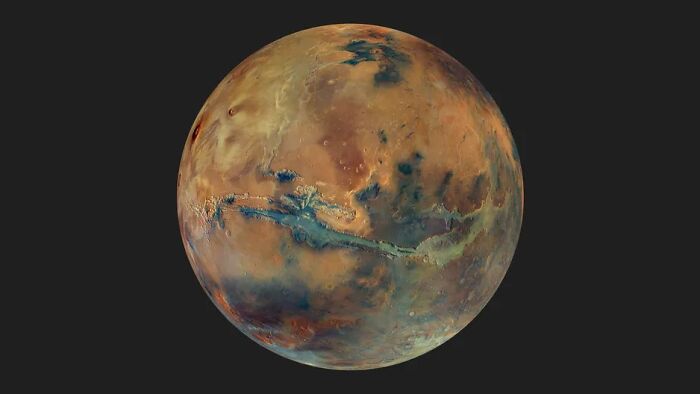
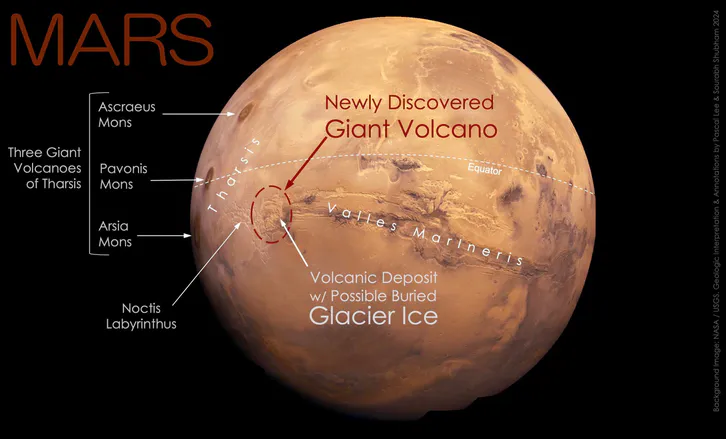
Image credits: SETI Institute
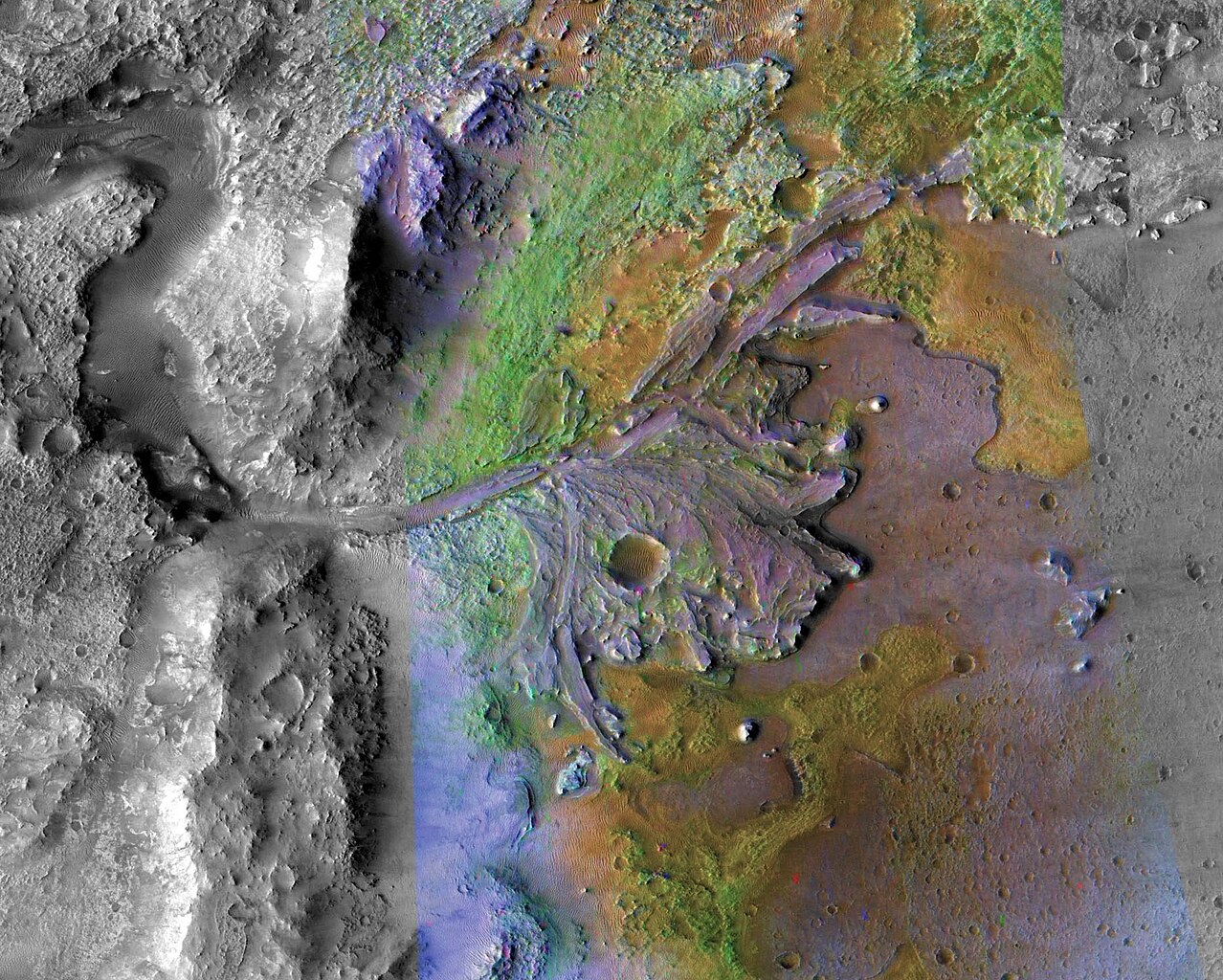
Image credits: NASA
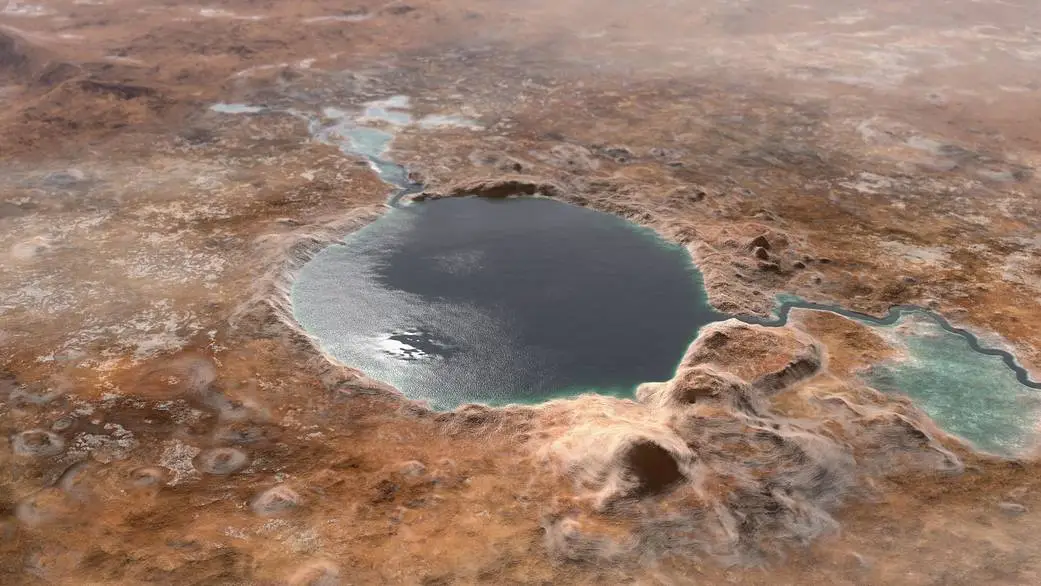
Image credits: NASA
Over the years, 6 rovers have operated on Mars: Sojourner, Spirit and Opportunity, Curiosity, and Perseverance (Percy), managed by the American NASA Jet Propulsion Laboratory, and Zhurong, managed by the China National Space Administration.
No matter the technical differences, all of them have been focused on the Mars Exploration Program’s 4 main long-term goals:
- to find out whether life ever was on Mars;
- characterize the climate on the Red Planet;
- characterize the geology of Mars;
- prepare for human exploration.
Although Perseverance was designed to last just a few years on Mars, very likely it will outlive the predictions because, for instance, its twin, Curiosity, is still going strong after almost 11 years of roving.
The main reason for its long life could be that both of these rovers are using a nuclear power source instead of solar panels that can stop working when covered by dust or when the sun is dimmed during dust storm season.
Yet after the mission is completed, Percy won’t be coming back to Earth, since to date there is no known technology to launch the rover back.
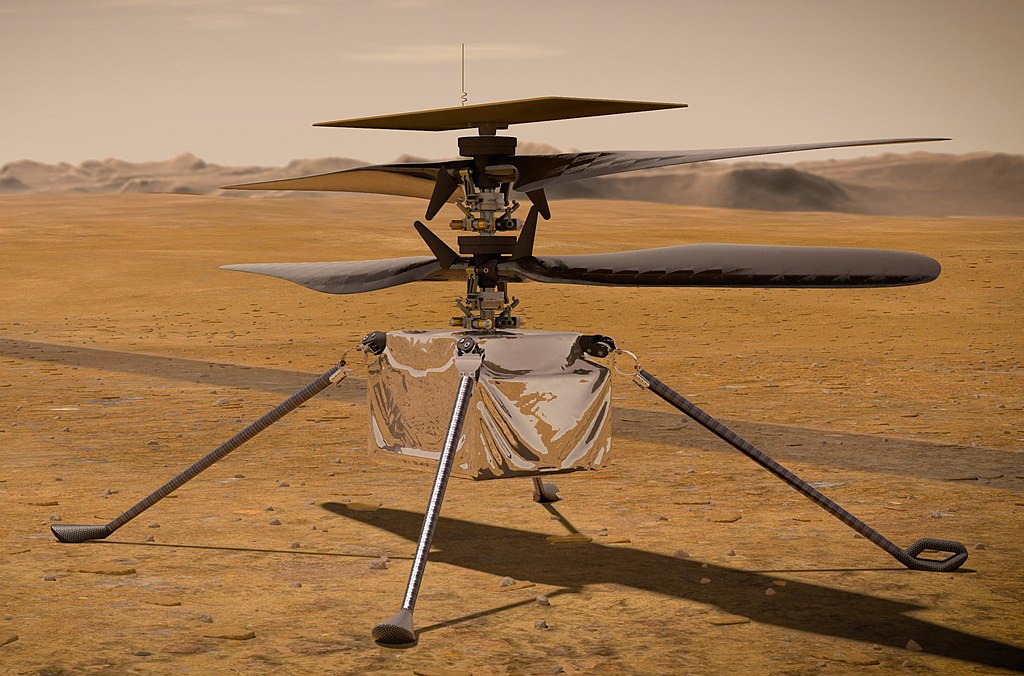
Image credits: NASA
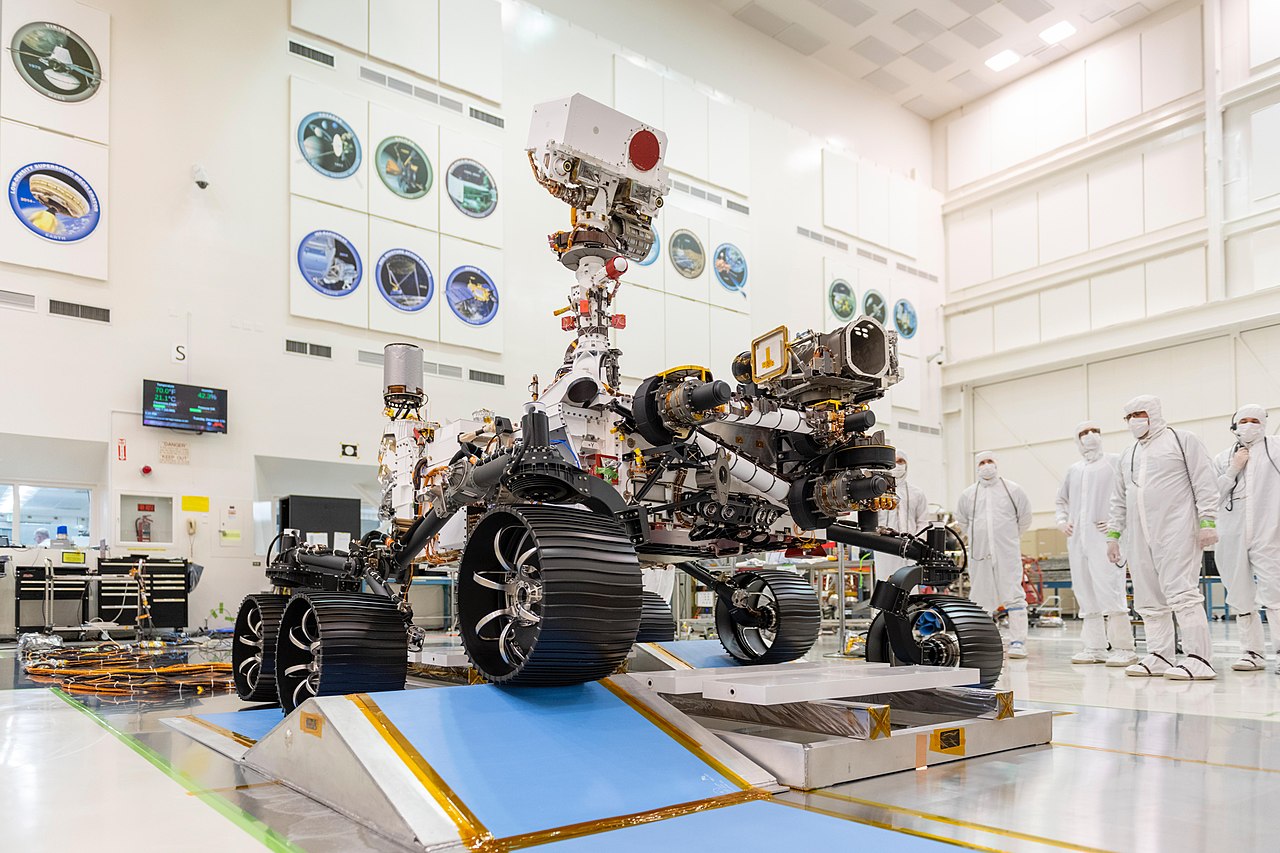
Image credits: NASA

Image credits: NASA
Since 2021, NASA’s Perseverance rover has made remarkable discoveries about the Red Planet’s surface, including its volcanic history, climate, and the role of water in Jezero’s Crater.
While the earlier rovers were focused on geology and understanding the environment of Mars, Percy is looking for signs of past life and the recent discovery of Atoko Point can definitely provide some clues.
Scientists Intrigued After Finding A Totally Different Kind Of Boulder On Mars Bored Panda






